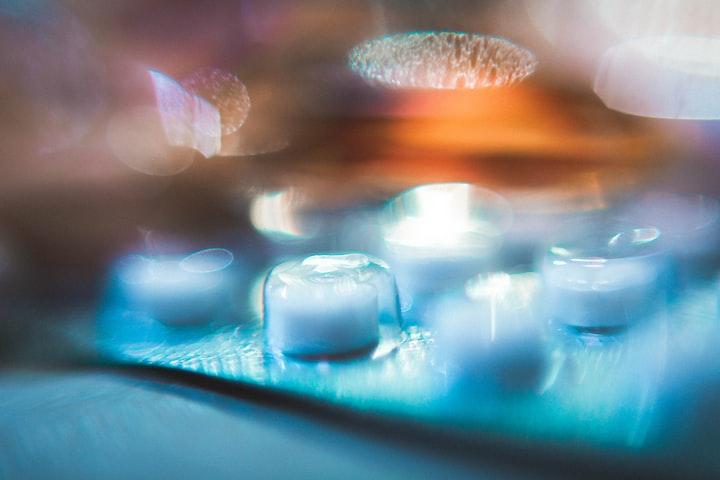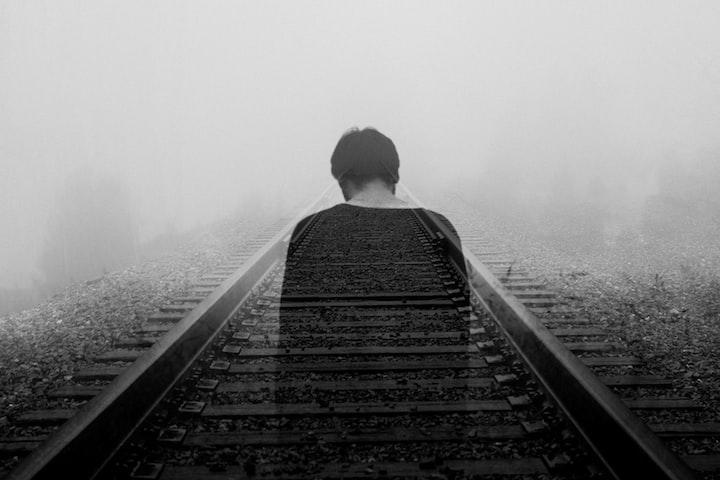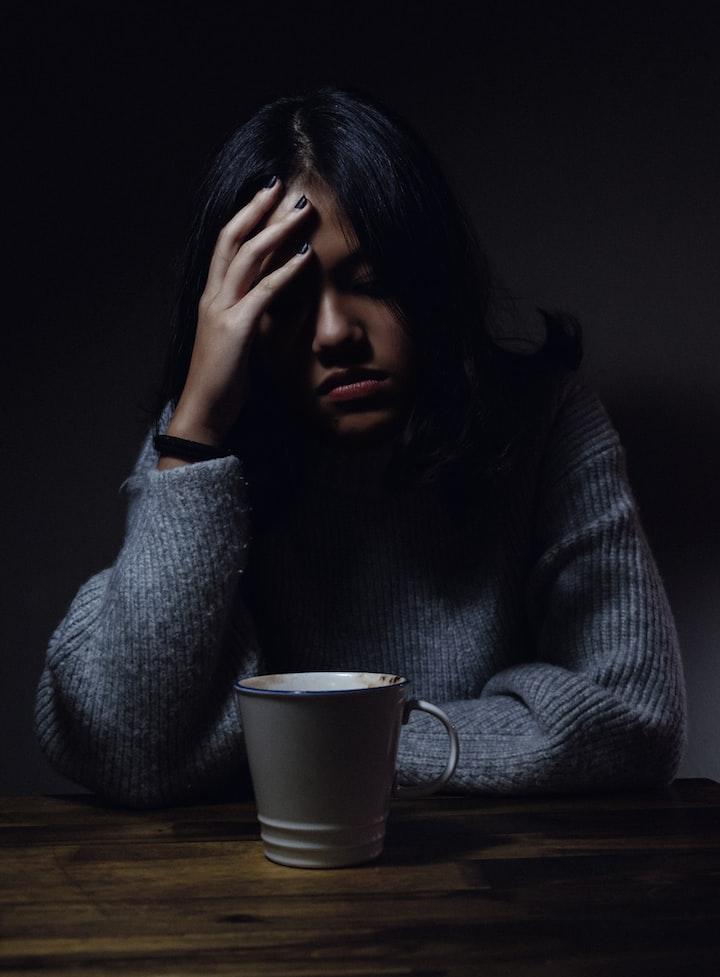Depression can have a negative impact on many aspects of your life, including your brain power. While it is important to seek professional help if you are experiencing depression, there are also some things you can do on your own to help improve your cognitive function. Here are some tips:
1. Get regular exercise. Exercise has been shown to be beneficial for overall health, including brain health. It can help improve blood flow and increase the production of neurotransmitters that are essential for healthy brain function.
2. Eat a healthy diet. Eating nutritious foods helps to support all bodily functions, including cognitive function. Make sure to include plenty of fruits, vegetables, whole grains, and lean protein in your diet.
3. Get enough sleep each night. Sleep is critical for physical and mental health; it allows the body and brain to rest and recover from the day’s activities. Aim for 7-8 hours of sleep each night if possible.
4. Take steps to reduce stress in your life. Stress can have a negative impact on both physical and mental health; it can contribute to anxiety and depression as well as impair cognitive function. Identify sources of stress in your life and take steps to reduce or eliminate them if possible. Try relaxation techniques such as yoga, meditation, or deep breathing exercises to help manage stress.
Read More »How Can I Increase My Brain Power After Depression?






